Universal Self returns from ‘mind-blowing’ trip to India
By Cristina DC PastorIn the morning of November 27th, Kilusan Bautista was en route to India to perform at the annual Sahabhaga theater festival. Several days later, reports of a New Delhi woman being gang-raped gripped the country, casting his travel into a communal reflection about the society’s values on gender, masculinity and respect for personal space.
“I was in Bangalore when I heard about it,” the performance artist from Brooklyn tried to recall the day he got wind of the news that a young Indian woman was raped in a moving bus by five Indian men. In Bangalore, the news had only a ripple effect because a similar incident had occurred in the ‘call center capital’ and residents were still grieving the death of the local woman, said Kilusan.
The Filipino New Yorker who gave a wildly-applauded performance (“I got a standing ovation”) found himself thrown from exhilaration to reserved calm as Indian society undergoes a wrenching period of self-introspection. One of the theater companies that performed at the Sahabhaga: Festival of Participatory Performance used a classic Indian folk tale to dramatize the shifting ideas of masculinity in Indian society and raise awareness about the status of Indian women.
“They represented the values of respect for women and challenged the concept of masculinity that (essentially) led to the gang rape,” said Kilusan in an interview with The FilAm. “They were also challenging the idea of women being second-class citizens in their country. It was very interesting.”
While Kilusan’s performance as “Universal Self” dwelt on issues of his dual identity as both Filipino and American, he said the audience at the Srishti School of Art, Design & Technology could identify with his message. His themes — no-to-drugs, love of art, generational divide – are universal.
“One of the themes involved myself as an Americanized Filipino going back to the Philippines for the first time, and there’s a lot of people who can relate to that, coming home to India and not being able to speak their native language,” he said. “For me, that really hit home.”
Some college students would approach Kilusan and talk to him about their conflicted relationship with their elders. One student spoke about his father’s problem with substance abuse.
“There’s a lot of sharing,” he said of typical audience reaction. “It became a moment to reflect and connect with other individuals and telling them you’re not alone.”
Lawrence Espinosa, a Filipino theater artist and educator working in Bangalore, described Kilusan’s Universal Self spoken word performance as “brilliant, exciting.”
“It makes me proud to be a Filipino. I feel the movement and beat, and I can really empathize with a character as his motions register with my emotions,” he posts on Kilusan’s Facebook wall.
On his first visit to India, Kilusan said he was “blown away.” There was some culture shock, but the “massive” country welcomed him with open arms. Except for a stomach sickness on his first day, “I didn’t experience anything negative.” From Bangalore, he traveled to Calcutta for another festival and also to Pondicherry territory where “The Life of Pi” was filmed.
He viewed India as a country in transition. He noted, for example how “darker-skinned” people remain discriminated against in some regions, but that the people are generally more conscious about race as they struggle to discard the lingering remains of its caste culture.
“It’s becoming more diverse, and some parts are more diverse than the U.S.,” he said.
——————————————————-

The chocolate for anti-aging, weight loss and energy.
For more information, click here.

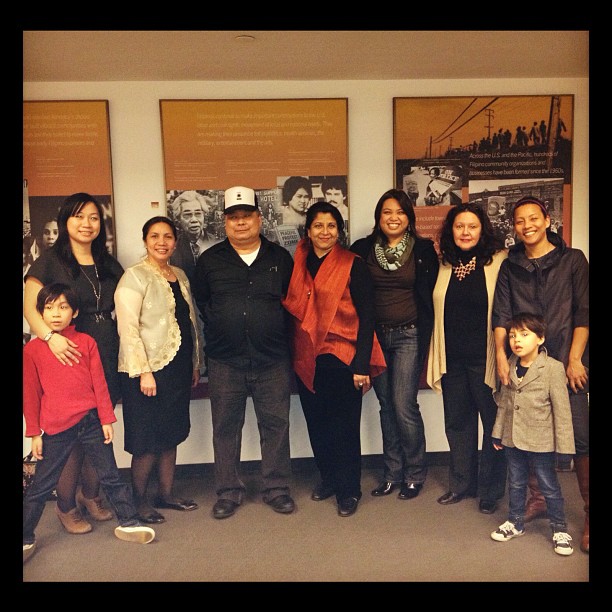
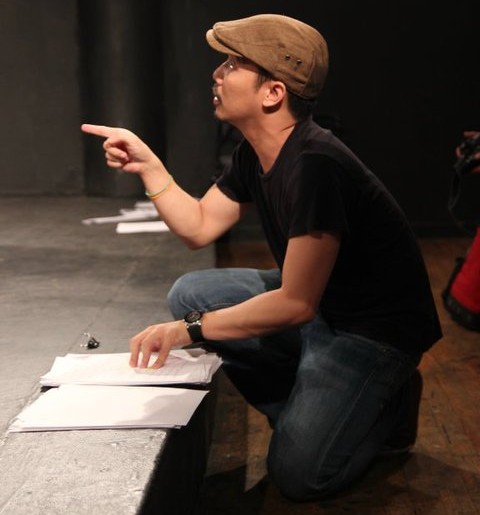


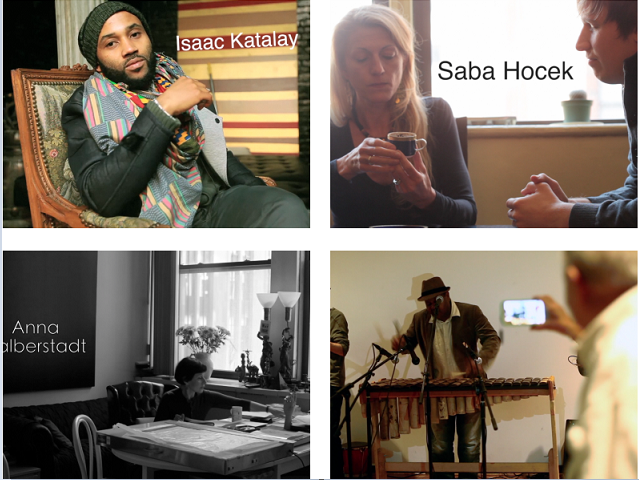
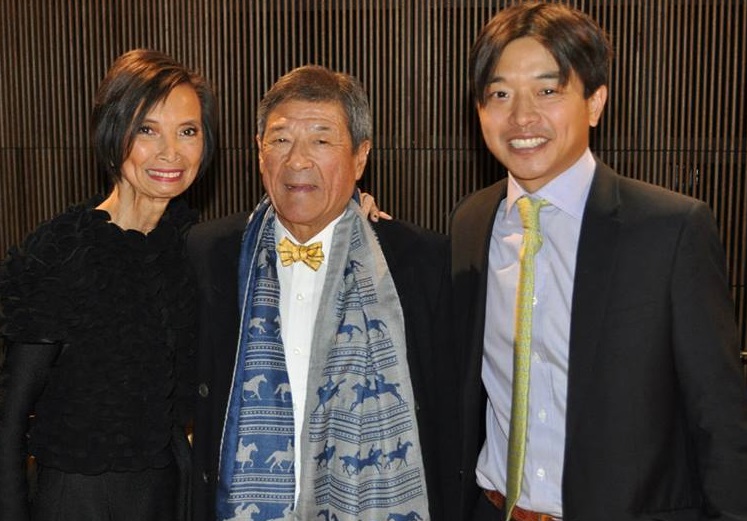
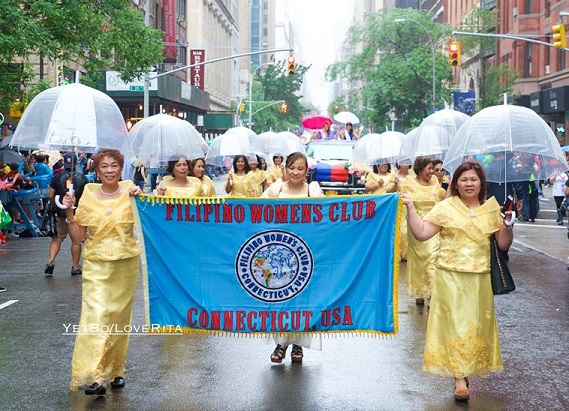
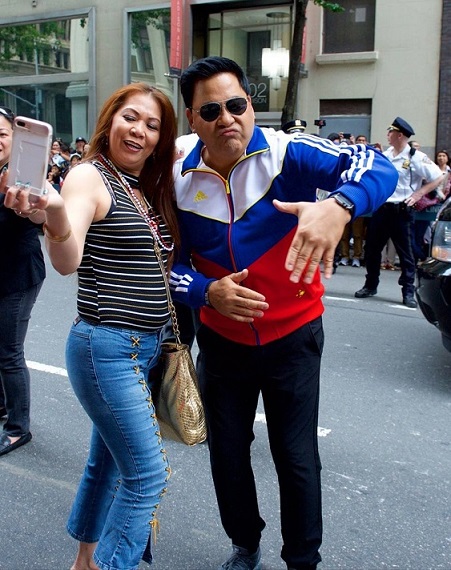
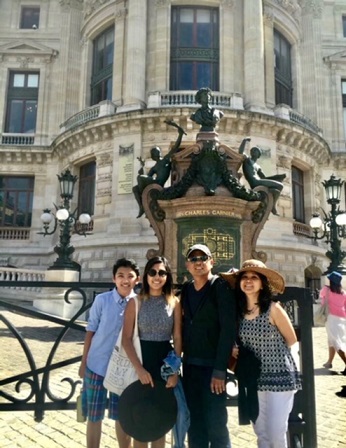

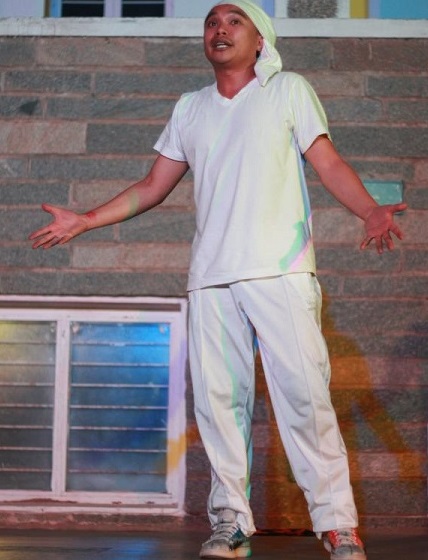

Very good post. I learn something tougher on different blogs everyday. It’ll at all times be stimulating to learn content from other writers.